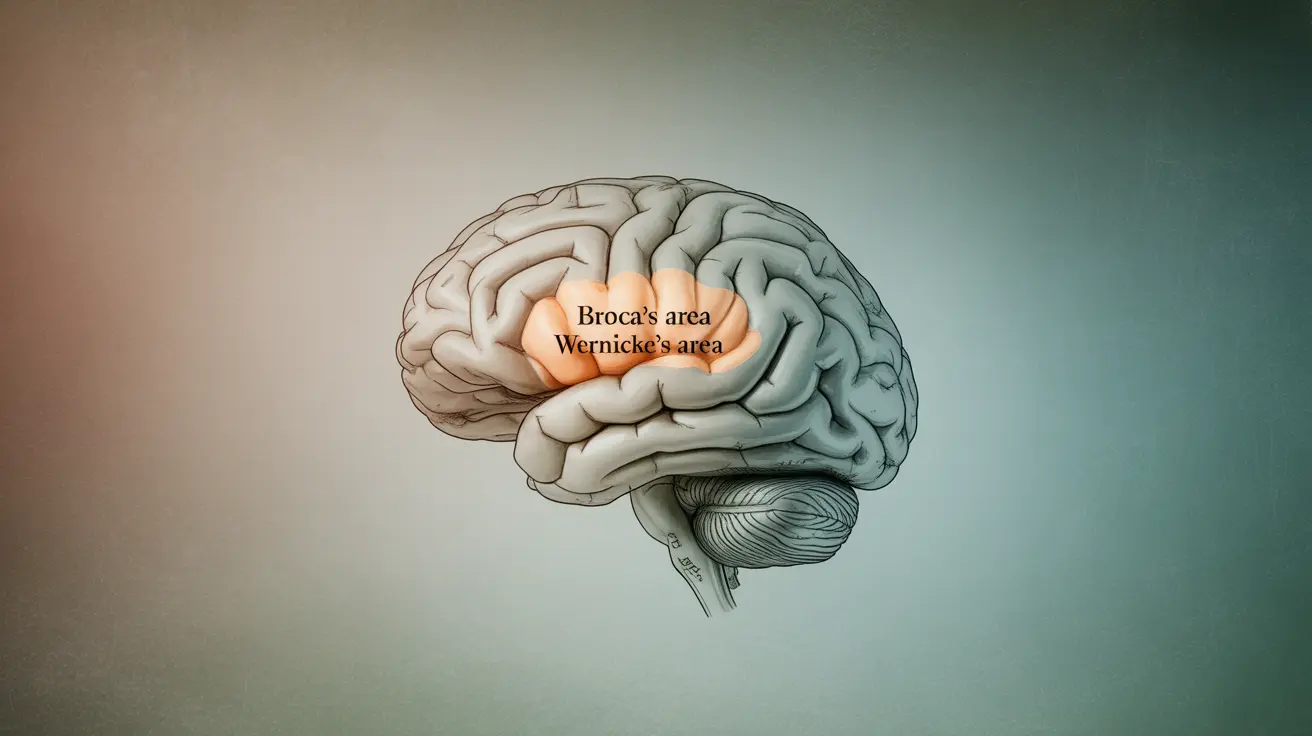When it comes to neurological conditions affecting communication and cognitive function, aphasia and dementia are two distinct yet sometimes interconnected disorders that can significantly impact a person's daily life. Understanding the differences between these conditions is crucial for proper diagnosis, treatment, and support of affected individuals.
This comprehensive guide explores the relationship between aphasia and dementia, their unique characteristics, and the various treatment approaches available to help manage these conditions.
What Is Aphasia?
Aphasia is a language disorder that affects a person's ability to communicate effectively. It can impact speaking, reading, writing, and understanding speech. This condition typically results from damage to specific areas of the brain responsible for language processing.
Common Causes of Aphasia
The most frequent causes of aphasia include:
- Stroke
- Traumatic brain injury
- Brain tumors
- Infections affecting the brain
- Progressive neurological conditions
Understanding Dementia
Dementia is a broader term describing a group of symptoms affecting memory, thinking, and social abilities severely enough to interfere with daily functioning. Unlike aphasia, dementia typically involves multiple cognitive domains beyond just language.
Primary Characteristics of Dementia
Key features of dementia include:
- Memory loss
- Difficulty with reasoning and judgment
- Changes in behavior and personality
- Problems with spatial awareness
- Language difficulties (in some cases)
The Connection Between Aphasia and Dementia
While aphasia and dementia are distinct conditions, they can sometimes overlap, particularly in cases of Primary Progressive Aphasia (PPA), which may be an early manifestation of certain types of dementia. Understanding this relationship is crucial for healthcare providers and families alike.
Diagnosis and Assessment
Proper diagnosis requires comprehensive evaluation by healthcare professionals, including:
- Neurological examinations
- Cognitive assessments
- Language function tests
- Brain imaging studies
- Medical history review
Treatment Approaches
Speech and Language Therapy
Speech and language therapy plays a crucial role in managing both conditions, focusing on:
- Communication strategies
- Word-finding exercises
- Reading and writing practice
- Alternative communication methods
- Family education and support
Medical Management
Treatment plans may include:
- Medications for underlying conditions
- Cognitive rehabilitation
- Lifestyle modifications
- Support group participation
- Regular monitoring and assessment
Frequently Asked Questions
What are the main differences between aphasia and dementia in terms of symptoms and causes?
Aphasia primarily affects language abilities and typically results from specific brain damage, such as stroke or injury. Dementia, however, is a broader condition affecting multiple cognitive functions, including memory, reasoning, and behavior, usually resulting from progressive neurological degeneration.
Can aphasia be an early sign of dementia, and how does primary progressive aphasia relate to different types of dementia?
Yes, aphasia can be an early sign of dementia, particularly in the form of Primary Progressive Aphasia (PPA). PPA can be an initial symptom of certain types of dementia, such as frontotemporal dementia, though not all cases of aphasia indicate developing dementia.
What types of speech and language therapies are effective for managing aphasia and primary progressive aphasia?
Effective therapies include individual and group speech therapy sessions, communication skills training, computer-based language exercises, and alternative communication strategies. The specific approach depends on the type and severity of the language impairment.
How is dementia diagnosed when language difficulties like aphasia are present?
Diagnosis involves a comprehensive approach including cognitive assessments that don't rely solely on verbal communication, brain imaging, medical history review, and observation of daily functioning. Multiple healthcare professionals may be involved in the diagnostic process.
Are there treatments or lifestyle strategies that can help slow the progression of language problems in dementia-related aphasia?
While there's no cure, several strategies can help manage symptoms, including regular cognitive stimulation, maintaining social connections, following a healthy diet, staying physically active, and participating in structured speech and language therapy programs. Medications may also be prescribed to address underlying conditions.




